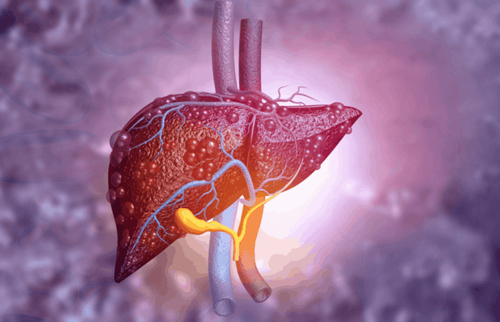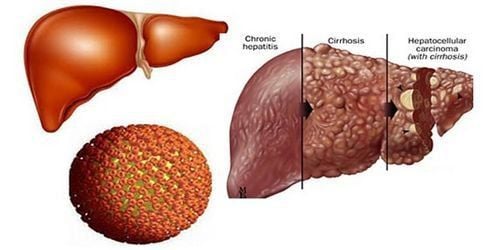This is an automatically translated article.
The article was professionally consulted with Specialist Doctor I Tran Quoc Vinh - Emergency Doctor - Department of Resuscitation - Emergency - Vinmec Nha Trang International General Hospital.1. What is hepatitis A?
Hepatitis A is an acute infectious disease caused by the hepatitis A virus. The disease is contagious, so it is easy to spread, especially in poor countries where sanitary conditions are not guaranteed.Jaundice, yellow eyes are common symptoms of hepatitis. In addition, the disease also has symptoms such as: Fatigue, pain, nausea, vomiting, abdominal pain, diarrhea, silvery stools, dark urine, pain in the right lower quadrant.
When you see the above symptoms, you should go to medical facilities to be examined, diagnosed and treated promptly by a doctor.

2. How is hepatitis A transmitted?
2.1 Can hepatitis A be transmitted through food? Hepatitis A is spread by direct contact with food. Even if you eat food or drink water containing very small levels of the hepatitis A virus, you can become infected. That is why poor countries, developing countries that do not have good sanitation facilities are more susceptible to hepatitis A.Of all the routes of hepatitis A infection, transmission through food is the most common. In case domestic waste is not properly treated, it can create conditions for the hepatitis A virus to spread and enter water and food sources, causing the disease to spread to the community. Hepatitis A virus can attach to vegetables, if you eat undercooked vegetables containing hepatitis A virus, the possibility of infection is great.
In addition, if someone in the family has hepatitis A, they should eat and drink separately, do not share drinking cups, food chopsticks, brushes, face towels, towels... with the sick person.
2.2 Is hepatitis A contagious? Although the rate of hepatitis A transmission through the respiratory tract is very low, this is also one of the transmission routes that people need to be aware of. People with low resistance, people who are tired and weak, should not talk directly to people with hepatitis A.
2.3 Is Hepatitis A blood-borne? Hepatitis A can be transmitted through blood. Similar to the respiratory route, the rate of hepatitis A transmission through blood is very rare. Attention should be paid to keeping a distance from people with hepatitis A to minimize the risk of infection.

Please dial HOTLINE for more information or register for an appointment HERE. Download MyVinmec app to make appointments faster and to manage your bookings easily.














